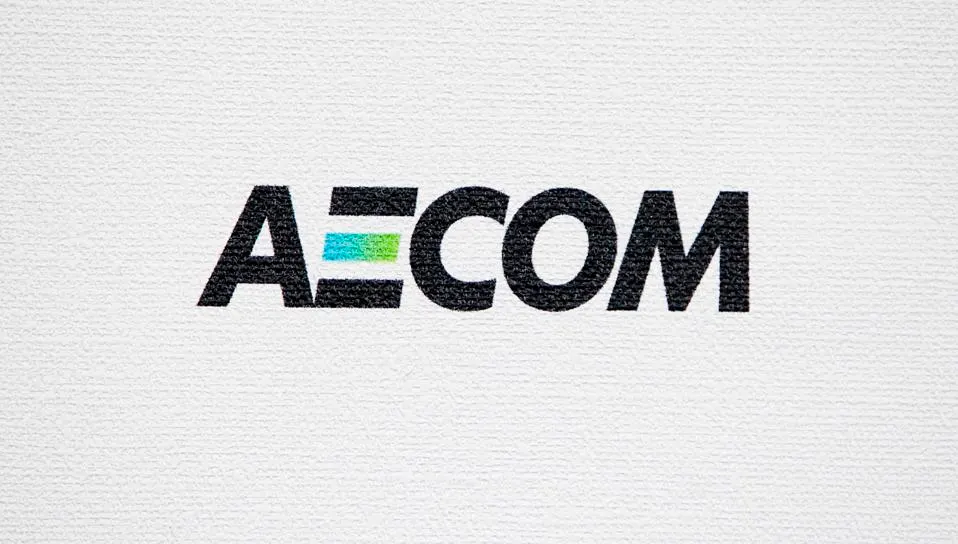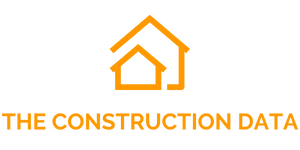
AECOM Earns Bronze in Canada’s PAIR Program
AECOM, a global leader and trusted name in infrastructure consulting, has proudly announced that it has earned the Bronze Level Certification in the Partnership Accreditation in Indigenous Relations (PAIR) program from the Canadian Council for Indigenous Business (CCIB). This achievement marks a significant step in the company’s long-standing efforts to strengthen its relationships with Indigenous communities across Canada while embedding reconciliation into the core of its operations.
The PAIR program is Canada’s foremost corporate certification in Indigenous relations. It was developed to support organizations in building meaningful, sustainable, and measurable partnerships with Indigenous peoples. Certification within PAIR is not just symbolic—it is based on a rigorous assessment framework that evaluates companies across four core pillars:
- Leadership Actions
- Employment
- Business Development (Procurement)
- Community Relationships (Engagement & Support)
Together, these pillars create a roadmap for organizations to progress from commitment to measurable action in reconciliation and Indigenous relations. For AECOM, achieving Bronze Certification is the culmination of a six-year journey characterized by collaboration, cultural learning, and a commitment to systemic change.
A Milestone in Reconciliation
“Achieving Bronze certification in the PAIR program is a meaningful milestone that reflects our commitment to fostering respectful, long-lasting partnerships with Indigenous communities and laying the groundwork for continued reconciliation,” said Richard Barrett, Chief Executive of AECOM’s Canada region.
Barrett emphasized that this recognition validates AECOM’s work so far, but it also serves as motivation to continue strengthening its approach. “This recognition affirms the progress we’ve made and motivates us to continue advancing Indigenous reconciliation across our operations in Canada.”
The certification is not an endpoint but a marker of progress. AECOM leaders note that the organization views reconciliation as an ongoing journey—one that requires persistence, humility, and continual collaboration with Indigenous communities.
Building Foundations Across the Four Pillars
AECOM’s Bronze Certification was the result of years of intentional action, structural change, and measurable initiatives across the four PAIR pillars.
- Leadership Actions
- AECOM introduced a new Indigenous governance structure, ensuring Indigenous voices have a strong presence at the leadership table.
- This governance model allows the company to integrate Indigenous perspectives into decision-making processes, shaping both internal policy and external project engagement.
- Employment
- The company appointed an Indigenous Employee Experience Lead to guide recruitment, retention, and development of Indigenous employees.
- AECOM also implemented an Indigenous hiring-first practice for select roles, making employment opportunities more accessible to Indigenous candidates.
- Business Development (Procurement)
- A dedicated Indigenous Procurement/Supply Chain Lead was appointed to create stronger pathways for Indigenous businesses to collaborate with AECOM.
- The launch of the Annual Indigenous Procurement Summit further underscores the company’s commitment to developing long-term, mutually beneficial business relationships with Indigenous suppliers and contractors.
- Community Relationships (Engagement & Support)
- AECOM developed and launched a suite of programs designed to foster cultural awareness within the company. This includes land-based training programs and ongoing cultural awareness workshops.
- The company also introduced the Blooming Program, which supports Indigenous youth and students through mentorship, career development opportunities, and scholarships.
- Additionally, AECOM formalized its commitments with the adoption of an Indigenous Relations Policy and an Indigenous Procurement Policy, reinforcing that reconciliation is a corporate priority backed by policy.
Voices of Leadership
For AECOM, the Bronze Certification is not only an external recognition but also an internal reflection of the values it seeks to embody.
“This achievement reflects the dedication and hard work of many and stands as a powerful reminder of how far we have come,” said Marcel Pelletier, Vice President of Indigenous Relations, AECOM Canada.
Pelletier described the certification as a transformative milestone. “It marks a transformative moment for our company—one that will have a lasting impact. Reconciliation is not a destination, but an ongoing journey, especially in our continued commitment to working with and for Indigenous communities.”
Both leaders emphasized that reconciliation is not simply about meeting standards for certification; it is about creating an organizational culture that respects Indigenous peoples, honors their knowledge and traditions, and builds pathways for equitable participation in Canada’s economic and social development.
The Broader Impact
The Bronze Certification under the PAIR program carries wide-reaching significance. For AECOM’s Indigenous partners, it is a clear signal that the company is serious about building authentic, mutually respectful relationships. It demonstrates accountability to communities that have historically been underrepresented and marginalized in the business landscape.
For AECOM’s clients, the certification highlights the company’s role as not only a reliable infrastructure consultant but also as a socially responsible partner. Clients can trust that AECOM brings values of inclusivity, reconciliation, and sustainability to its projects. This aligns closely with broader trends in the construction and infrastructure sectors, where social responsibility and environmental stewardship are increasingly seen as integral to long-term success.
Moreover, the certification is also an important signal to AECOM’s employees. It shows that the company is actively working to build a workplace culture where Indigenous employees can thrive, where cultural understanding is prioritized, and where everyone has a role to play in advancing reconciliation.




